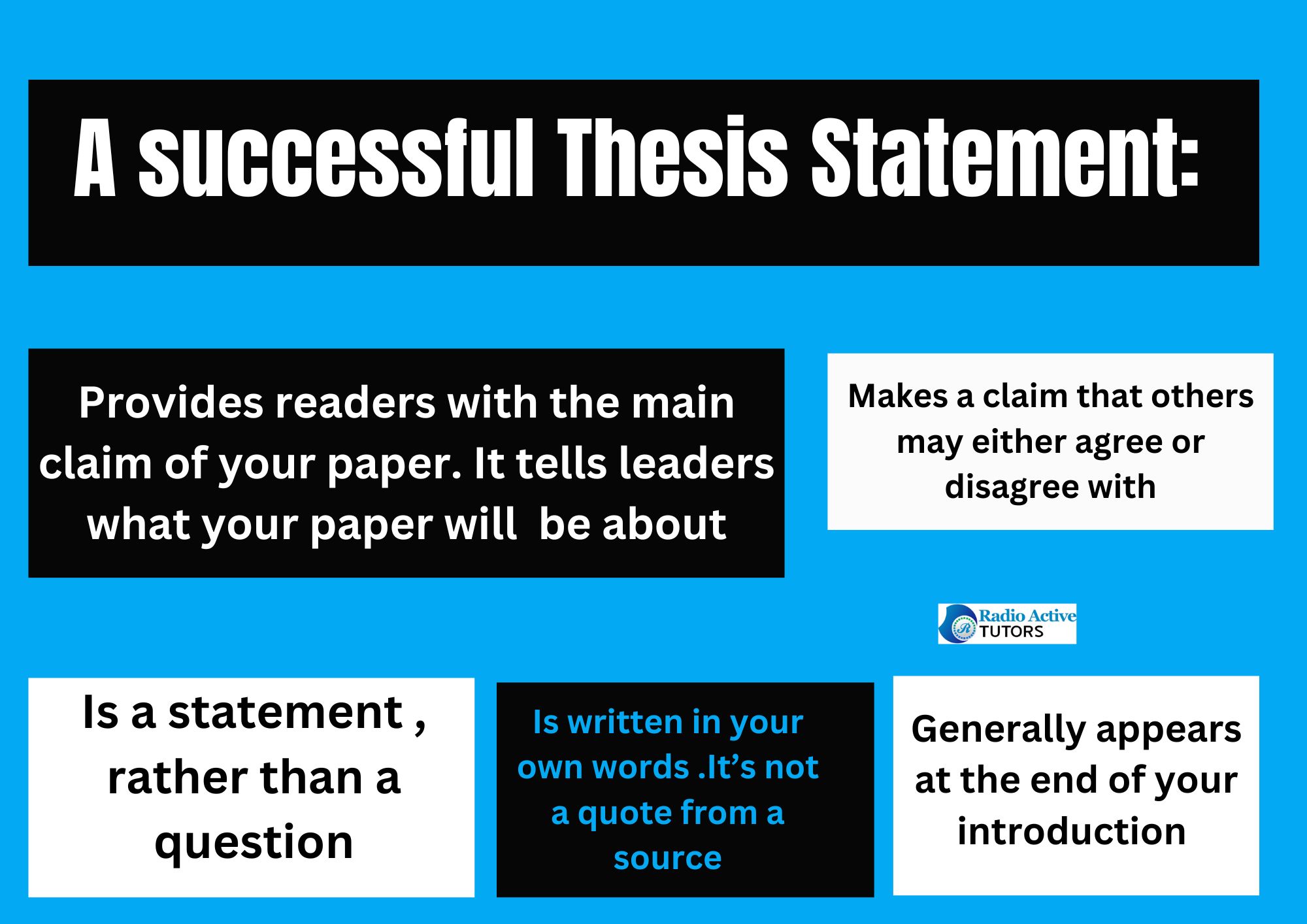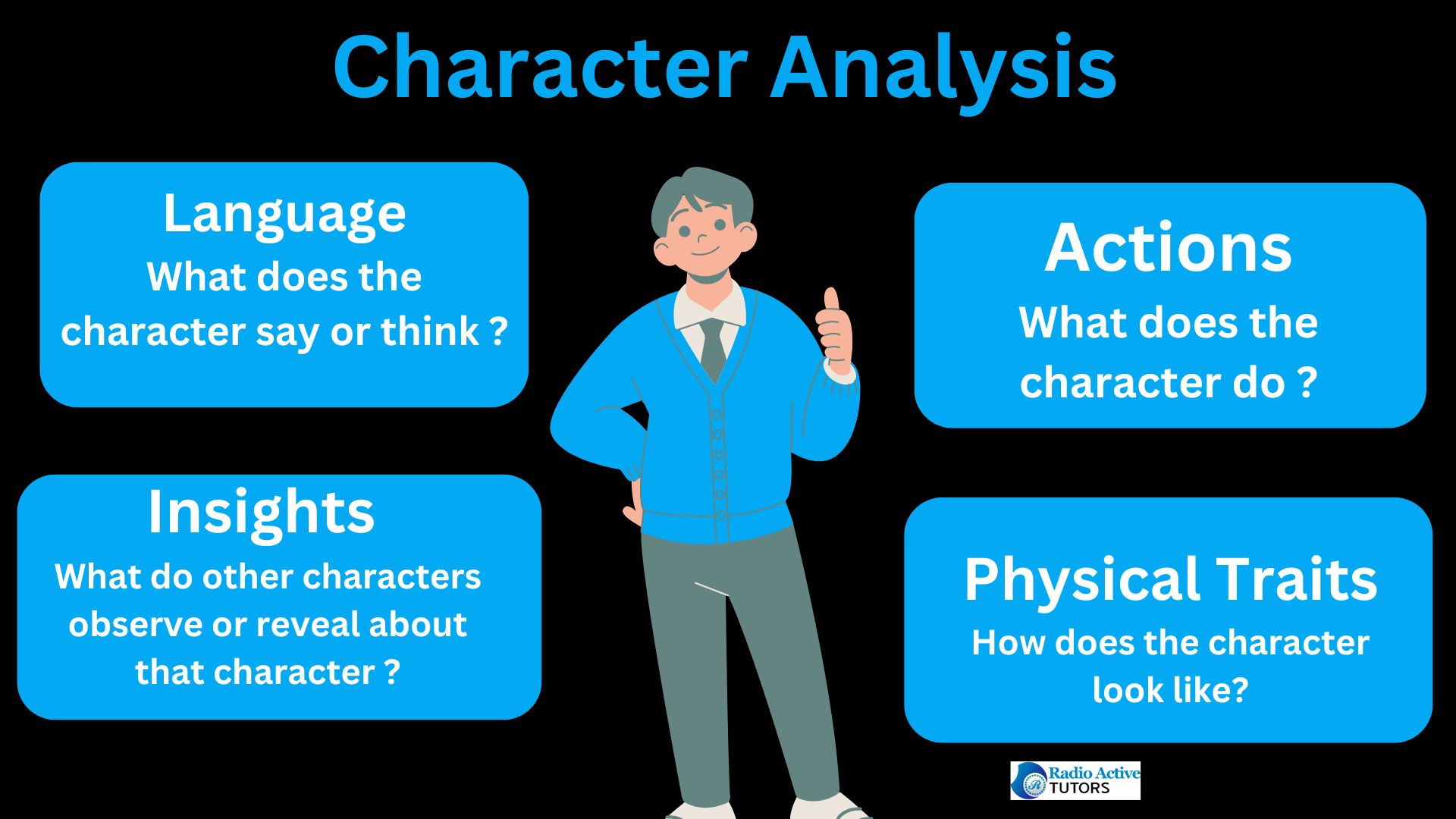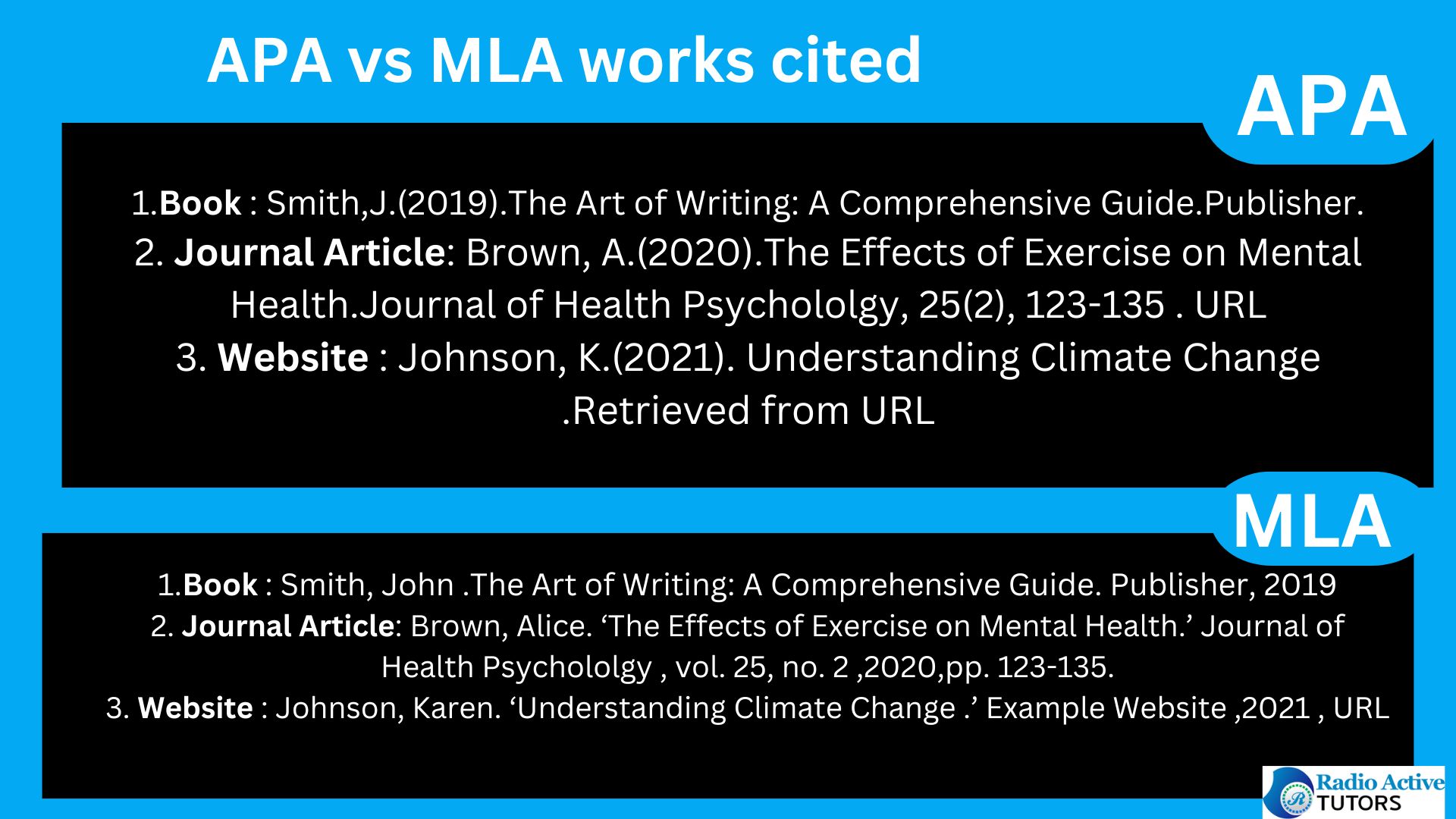a. literary criticism essay outline
I. Introduction
• Hook
• Statement
II. Summary of the Text
• Brief synopsis
• Relevance
III. Critical Framework
• Theoretical approach
• Application
IV. Analysis and Interpretation
• Theme analysis
• Character analysis
• Symbolism analysis
• Structure and form
V. Critical Evaluation
• Strengths and weaknesses
• Comparative analysis
VI. Conclusion
• Summary of the main points
• Reaffirm thesis
• Implications
VII. Works Cited
b. step-by-step guide to help you craft a thoughtful and compelling literary criticism essay
- Choose your Literary work
- Develop your thesis statement
- Outline your essay
- Write Engaging paragraphs
- Analyzing Literary Devices
- Use Textual Evidence
- Revise and Refine
Writing a literary criticism essay involves a deep dive into a literary work, analyzing its nuances and complexities. This type of essay goes beyond merely summarizing a text, focusing instead on character development, literary devices, and thematic elements.
I. Introduction
Hook: Begin your essay with an engaging statement or a relevant quote that captures the essence of the text or its themes. For instance, you might start with a quote that encapsulates the central conflict or theme of the literary work you’re analyzing.
Context: Provide essential background information about the literary work. Mention the author, title, and publication date, and briefly summarize the plot to give readers context. This sets the stage for your analysis.
Thesis Statement:thesis-statement"> A well crafted thesis statement should clearly present your main argument or interpretation of the text. It should outline your critical perspective and indicate the direction of your analysis. For example, you might argue that a particular literary work uses character development and literary devices to explore a central theme.

II. Summary of the Text
Brief Synopsis: Offer a concise summary of the literary work, focusing on major events and themes. This summary provides the foundation for your detailed analysis without getting bogged down in minor details.
Relevance: Explain why the text is significant and worth analyzing. Highlight its impact or importance within its genre or literary canon. This helps establish the text’s relevance and the value of your analysis.
III. Critical Framework
Theoretical Approach: Introduce the critical lens or theory you will use for your analysis. This could be feminist, Marxist, psychoanalytic, postcolonial, or another approach. Define key concepts and principles from the theory to provide a foundation for your analysis.
Application: Explain how this theoretical framework will guide your analysis. Outline how the theory will help you interpret the text and what aspects you will focus on. This section sets up the direction of your analysis and the specific elements you will examine.
IV. Analysis and Interpretation
Theme Analysis: Discuss major themes in the text and analyze how they are developed. Explain how these themes contribute to the text’s overall meaning and significance.
This involves examining how thematic elements are presented and explored throughout the narrative.
Character Analysis: Examine key characters, their development, and their roles in the narrative. Analyze how characters evolve and how their development reflects broader themes in the text.

Use relevant quotes to support your analysis and illustrate your points.
Literary Devices and Techniques: Analyze the use of literary devices such as symbolism, imagery, and figurative language.
Discuss how these devices enhance the text’s themes and meanings. Provide examples and explain their impact on the reader’s interpretation of the text.
Structure and Form: Consider the text’s structure and narrative style. Analyze how the organization of the text and its narrative techniques contribute to its overall meaning.
Discuss how the form of the text influences the reader’s understanding and interpretation.
V. Critical Evaluation
Strengths and Weaknesses: Assess the strengths and weaknesses of your chosen critical approach.
Discuss whether the approach effectively illuminates certain aspects of the text or falls short in other areas. This evaluation helps to refine your interpretation and acknowledge any limitations.
Comparative Analysis: If relevant, compare your interpretation with other critical perspectives or interpretations.
Highlight areas of agreement and disagreement, and explain how your analysis contributes to the broader discussion. This comparative approach can offer a more comprehensive understanding of the text.
VI. Conclusion
Summary of Main Points: Recap the key arguments and insights from your analysis. Summarize how your analysis of character development, literary devices, and thematic elements supports your thesis. This helps to reinforce your main points and conclusions.
Reaffirm Thesis: Restate your thesis and reflect on how your analysis has demonstrated or supported it. Emphasize how your interpretation sheds light on the text’s meaning and relevance.
Implications: Discuss the broader implications of your findings. Consider how your interpretation contributes to the understanding of the text or the critical approach used. Reflect on the impact of your analysis on the text’s significance and relevance in a wider context.
VII. Works Cited
Bibliography: Include a list of all sources and references cited in your essay, following the appropriate citation style (e.g., MLA, APA, Chicago). Ensure that all textual evidence and secondary sources are properly cited to lend credibility to your analysis.

Writing a Literary Analysis Essay: A Step-by-Step Guide
Writing a literary analysis essay involves more than summarizing a text , It requires a thorough understanding of literary elements, careful construction of a thesis, and a structured approach to analyzing the text.
Here’s a step-by-step guide to help you craft a thoughtful and compelling literary criticism essay:
1. Choose Your Literary Work: Select a text that offers rich material for analysis. Ensure it has sufficient depth to support a detailed critique.
2. Develop Your Thesis Statement: Craft a clear and concise thesis statement that encapsulates your main argument. Your thesis should reflect a specific interpretation of the text and guide your analysis.
3. Outline Your Essay: Use a structured outline to organize your ideas. This includes the introduction, body paragraphs, and conclusion. Ensure each section flows logically and supports your thesis.
4. Write Engaging Body Paragraphs: Focus each paragraph on a specific aspect of your thesis. Start with a topic sentence, provide textual evidence, and offer analysis. Use transition words to maintain coherence between paragraphs. If you find it challenging writing engaging body paragraphs , contact Radioactive Tutors for high mark !
5. Analyze Literary Devices: Examine how the author uses literary devices to enhance the text. Look for figurative language, symbolism, and other techniques that contribute to the work’s themes and meanings.
6. Use Textual Evidence: Support your arguments with relevant quotes and examples from the text. Ensure that each piece of evidence is analyzed and connected to your thesis.
7. Revise and Refine: Review your essay for clarity, coherence, and accuracy. Make sure your arguments are well-supported and your analysis is insightful.
By following these steps and incorporating key elements like character development, literary devices, and thematic analysis, you can produce a literary criticism essay that offers valuable insights and engages readers in a deeper understanding of the text.
